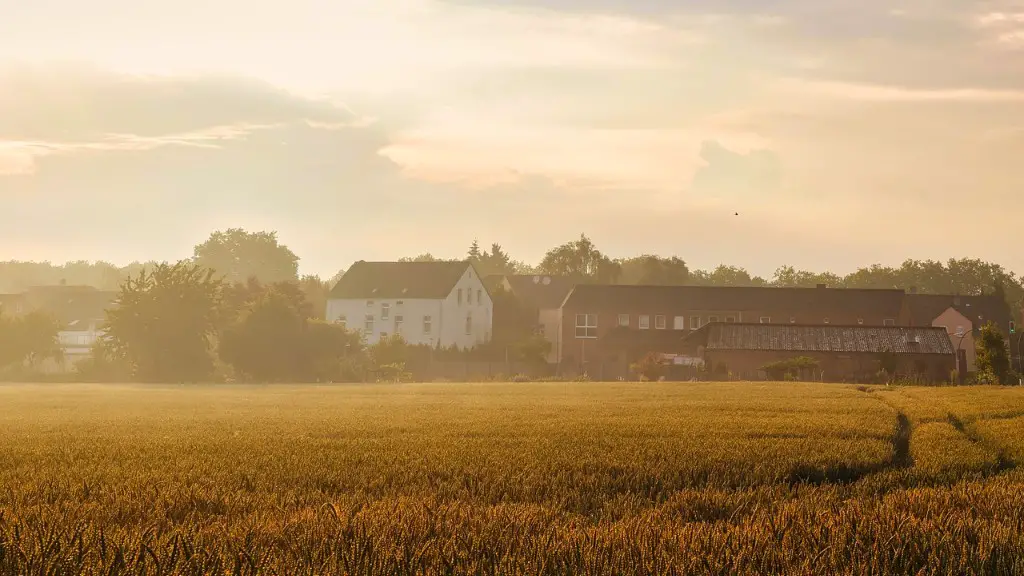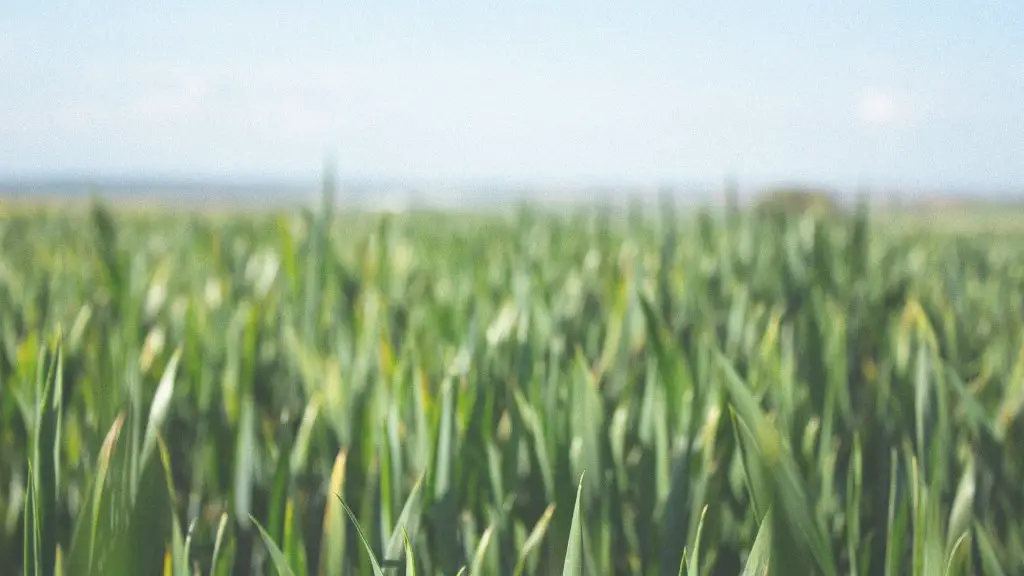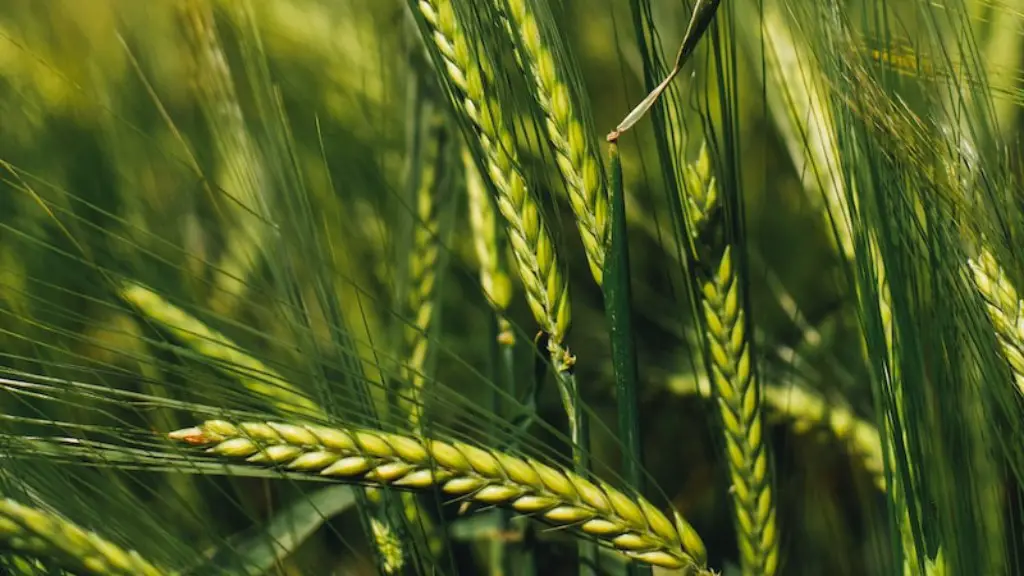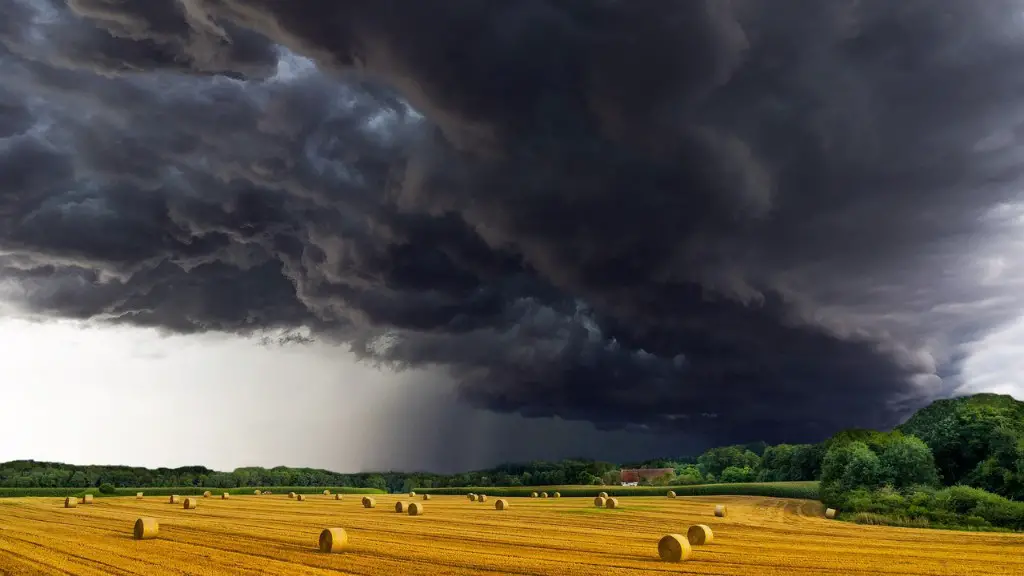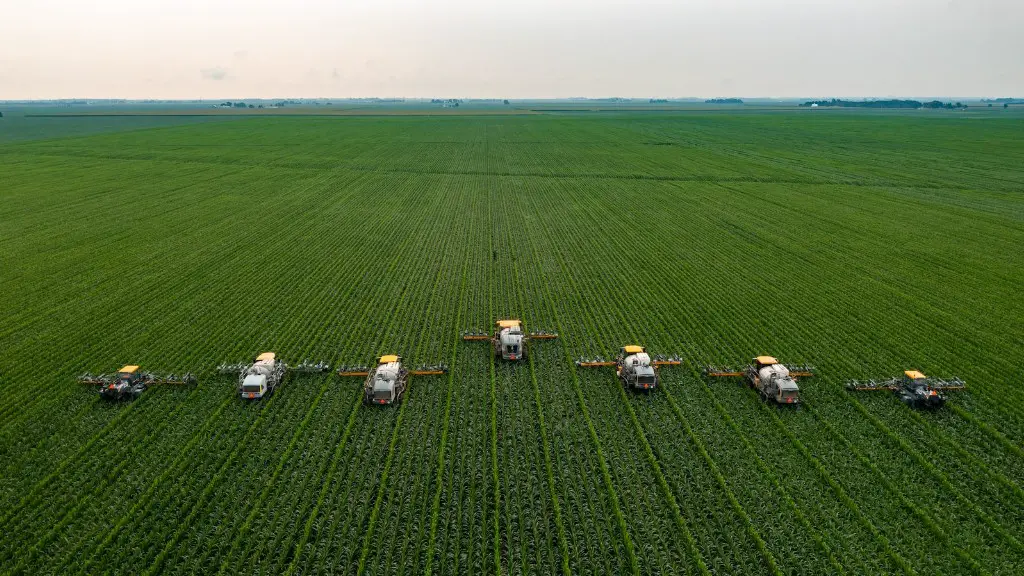Sustainable agriculture is an approach to farming that seeks to align both environmental and economic concerns. It is based on a set of principles that emphasize the integral relationship between agriculture and the environment. It is a way of producing food and other goods without depleting resources, or degrading the environment. The three core principles of sustainable agriculture are: conserving resources; reducing energy inputs; and improving long-term economic viability.
Conservation of resources is a fundamental tenet of sustainable agriculture. This includes conserving energy, reducing water use, protecting topsoil, conserving biological diversity and managing pests responsibly. Farmers use a variety of strategies to conserve resources, including no-till or low-till farming, use of cover crops, crop rotation and integrated pest management.
Reduction in energy inputs is also an important component of sustainable farming systems. Energy comes from a variety of sources, such as diesel fuel, electricity and natural gas, and can be used in production processes like irrigation and fertilizer application. Farmers employ a range of techniques to reduce energy use, including optimizing irrigation systems, utilizing renewable energy sources and reducing their reliance on synthetic fertilizers and pesticides.
The long-term financial viability of a farm is essential for it to remain a sustainable operation. Farmers need to employ strategies that allows them to make a profit over the long term. This may include diversifying their crops and livestock, marketing directly to consumers, accessing government programs, and exploring opportunities in renewable energy production.
Sustainable agriculture quizlet is a great tool to help farmers become familiar with the principles and practices of sustainable farming systems. These online quizzes feature questions that correspond to various aspects of sustainable farmland management. By answering these questions, farmers can deepen their understanding of sustainable agriculture and their own resources.
What is the Benefit of Sustainable Agriculture?
The benefit of sustainable agriculture is the preservation of soil fertility, water quality, and the economic sustainability of family farms. When managed responsibly and with an eye toward the future, agriculture can be a regenerative force for nature, for our health, and for the economy. Sustainable agriculture can produce food more sustainably, with fewer inputs and more positive environmental and social impacts. In addition, sustainable agriculture often yields higher quality food products with higher nutritional value while building healthier and more resilient soils..
The practice of sustainable agriculture also creates a number of economic benefits, including providing rural jobs, protecting biodiversity, increasing production efficiency, and sustaining long-term economic viability. Sustainable farming practices can also help small and mid-sized farms increase their resilience to climate and market variability, reducing their need for external inputs such as fertilizer and pesticides.
Sustainable agriculture is intended to promote the long-term sustainability of the land, the fertility of the soil, and the safety of the food we consume. It utilises the best practices of traditional agricultural techniques in combination with modern technology to protect limited resources and improve production. By curbing environmental damage, sustainable agriculture can ultimately conserve soils, help climate change mitigation, and increase food security and nutrition levels in developing countries.
What Are the Challenges of Sustainable Agriculture?
Although there are many potential benefits of sustainable agriculture, there are also certain challenges associated with its implementation. One of the major challenges is the lack of knowledge and resources among smallholder farmers around the world. Many smallholders are unfamiliar with the principles and practices of sustainable agriculture, and lack the resources necessary to implement it. Additionally, there is limited access to science-based advice and extension services.
Another challenge to the implementation of sustainable agriculture is the prevalence of chemicals in farming. Many conventional farming practices rely heavily on synthetic or chemical inputs, such as herbicides and pesticides. It can be difficult to transition away from these inputs, as they often make farming more efficient and cost-effective. Additionally, limited access to alternative approaches, such as regenerative agriculture, can impede the adoption of sustainable farming practices.
Finally, another challenge to sustainable agriculture is the need for policy change. In many countries, government agricultural policies are still heavily focused on commercially-oriented production, rather than sustainable practices. This can lead to an overreliance on synthetic inputs and limit the potential for farmers to adopt sustainable farming practices. Without adequate support from both the public and private sector, sustainable agriculture may not be financially viable for small-scale farmers.
How Can Sustainable Agriculture be Supported?
In order to support and encourage the adoption of sustainable farming practices, governments and private actors need to take action. Governments can create policies that incentivize and reward sustainable crop management and agricultural practices, while providing support for small-scale farmers to access resources. Private initiatives, such as those by agribusinesses, can promote the use of safer, environmentally-friendly inputs and technologies, and can help provide access to information about sustainable farming.
In addition, investing in research and education is essential for the sustainable management of agricultural resources. Investing in research can help identify sustainable solutions to agricultural problems, while investing in education can ensure that farmers have access to science-based advice and information that can help them adopt sustainable farming practices.
Finally, public-private partnerships are an effective way to support and promote sustainable agriculture. These can involve a range of actors working together to create policies, programs, and investments that aim to make sustainable agriculture more accessible and affordable. Through collaboration, these partnerships can ensure that sustainable agriculture is supported and implemented at scale.
What is the Impact of Sustainable Agriculture?
The impact of sustainable agriculture is wide-reaching. By “closing the nutrient loop” and embracing regenerative principles, farmers are able to reduce environmental impacts and conserve natural resources. Implementing sustainable agriculture can help to improve soil health, increase water quality and availability, and improve biodiversity. In addition, it can also reduce the dependence on synthetic fertilizers and pesticides, and help to reduce greenhouse gas emissions.
Sustainable agriculture can also have positive social impacts, such as improving the quality of life for rural communities and promoting food security. By promoting more resilient farming systems, farmers are better able to cope with climate change and other challenges, while also gaining access to better markets and opportunities. In addition, sustainable agriculture offers the potential to generate local, regional and global economic benefits.
Finally, sustainable agriculture can also create long-term economic benefits, by optimizing inputs and increasing production efficiency. By implementing sustainable practices and using alternative and renewable energy sources, farmers can reduce their production costs and increase their profits. This can help ensure that small-scale farmers can remain financially viable in the long term, while contributing to a more sustainable and secure food system.
